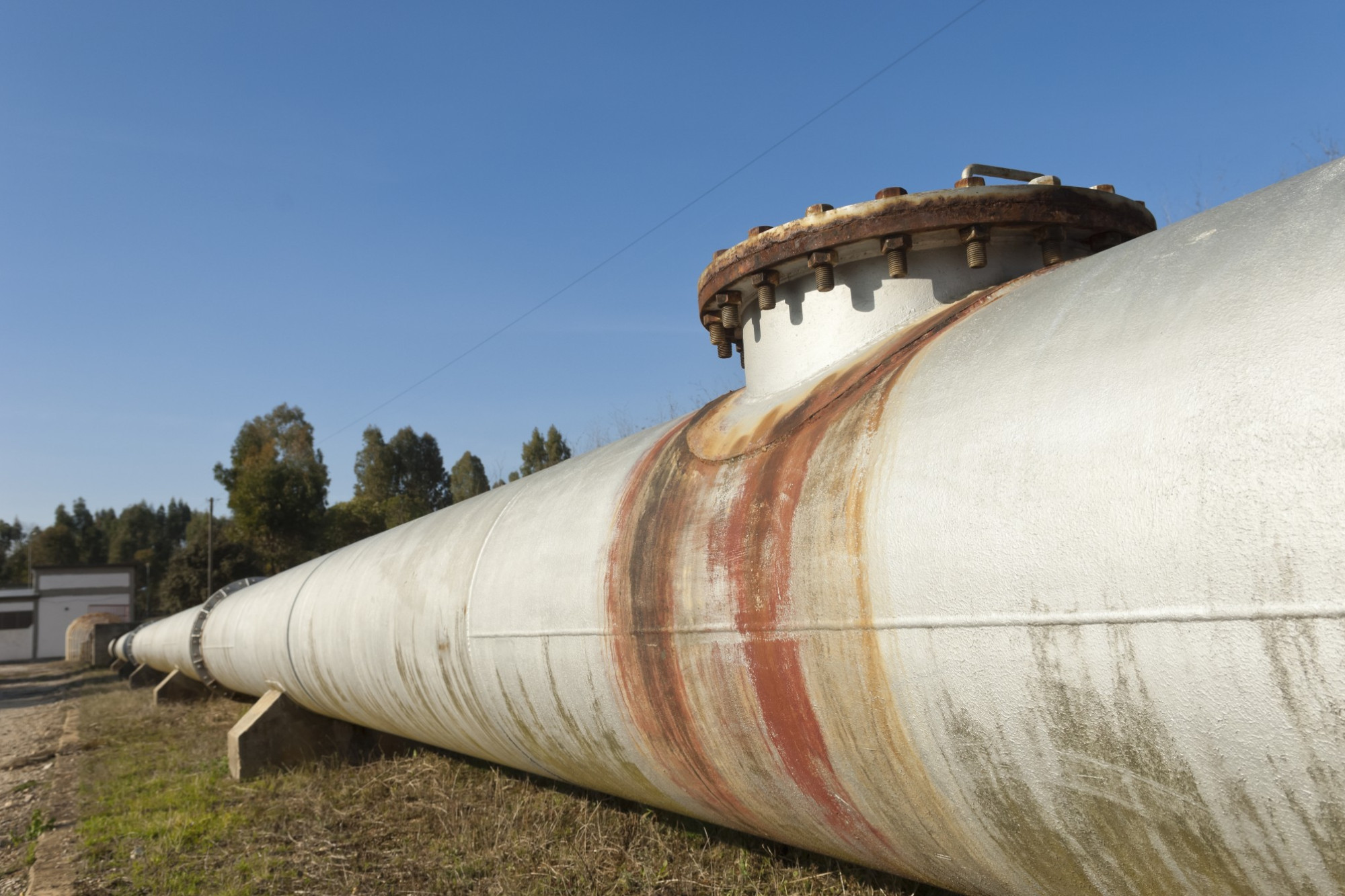General News
9 February, 2023
Feasibility study underway to build pipeline to provide water security for local farmers
A feasibility study involving a major pipeline project designed to provide water security to areas across the Central Goldfields, Northern Grampians and Pyrenees shires is finally underway — with benefits expected to flow down to farms and small...

A feasibility study involving a major pipeline project designed to provide water security to areas across the Central Goldfields, Northern Grampians and Pyrenees shires is finally underway — with benefits expected to flow down to farms and small communities.
After receiving a $300,000 grant from the Victorian Government in October 2022, the Southern Wimmera and North East Pyrenees Water Supply Feasibility Study was launched in Beaufort last month.
Pyrenees Shire Council is leading the project and has engaged Grampians Wimmera Mallee (GWM) Water to deliver the study with support from Central Highlands Water, Central Goldfields and Northern Grampians shire councils — matching funds of $75,000 in cash and $70,000 in-kind which have been committed by project partners.
The study will evaluate the viability of the project which was developed to consolidate water supply across almost 300,000 hectares spanning parts of the three shires.
“It’s good that the study is happening — we’re a lot closer to our next drought than what people think. And just because we’ve all got our dams full at the moment, we don’t want to get complacent because even if development of the project started now it’ll take a while to finish,” Natte Yallock Landcare Group president and farmer John Hanley said.
“We’ve got to have water security, it’s the biggest thing we can’t control on a farm. If we’ve got water there for the dry times, I just think it’s a great thing.”
With the project’s first meeting held before the pandemic, Mr Hanley said that disappointment had crept in among locals due to the length of time taken to launch the study.
“I know a lot of our landcare members have been frustrated by how long it’s taken for things to happen. But it’s finally starting to move now,” he said.
“The feasibility side of it has been looked at before it all got started so we know we’re a viable thing. And we know we’ve got the support of landholders.”
Once developed, the pipeline will provide farmers with a reliable source of good quality water — it could also help retain residents and stop them from leaving the area.
“There will be farmers out there that will utilise a lot more water on their property, that could be through a bit more of an intensive farming system where they’ve got guarantee of water,” Mr Hanley said.
“The other thing is that the project brings in quality water, it is of a standard. If we’re dragging water out of dams or bores, we’ve just got to take whatever water is available and we can’t really make it better.
“We’re losing enough people from the area all the time so we don’t want more people [leaving because of the water situation].
"We’ve had quite a few dry years leading up to 2010 and that took a real toll on people’s mental health so we want to be able to avoid that and those times will come around again.”
Addressing the concerns of locals regarding the time taken for the study to commence, Pyrenees Shire Council CEO Jim Nolan said the benefits of the project are far-ranging, but it is a long-term venture.
“We’re mindful that this at the end of the daywill require a significant commitment of infrastructure funds, many millions of dollars, and it does require a lot of evidence for those sorts of decisions. So it’s a long term project,” he said.
“It is necessary to do the feasibility and business case and the concept planning and all those other stages that go ahead of actually being able to get a commitment from other tiers of government for the infrastructure.
“This is a significant project that could deliver many economic and community benefits for the region. Delivering water to towns that do not currently have a sustainable supply, productivity improvements for the livestock, grains and wine sectors, better environmental flows in rivers and streams, and driving new investment and jobs in the region are just some of the potential outcomes.”
Mr Nolan expects the feasibility study to conclude in a couple of months during which all stakeholders will be required to take up a consultation process.
“The feasibility study itself is about a six month project. That’s a fairly short timeframe in terms of the work that needs to be done. There’s a considerable amount of engagement work to be undertaken,” he said.
“GWM Water have been engaged as a principal contractor to deliver the majority of the elements, and that includes the engagement component.”
Councils will be working with GWM Water and their consultant, and will shortly be issuing letters to landholders to gauge whether there is sufficient demand for the project, as well as assist with the technical detail and concept design for the proposed pipeline routes.
They will also be engaging with tourism operators, community organisations and other stake-holders including traditional owner groups in coming months as part of the feasibility study.